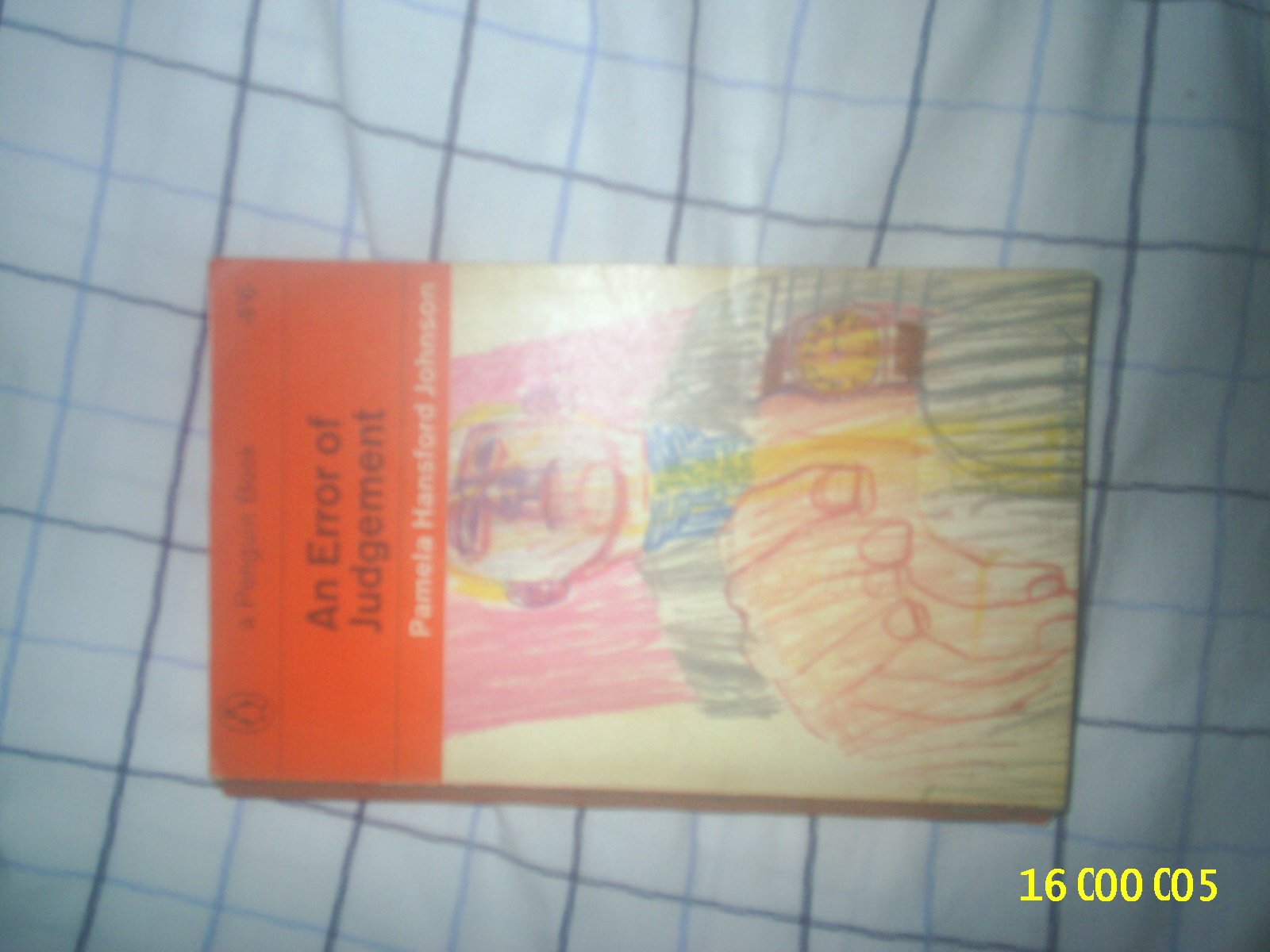What do you think?
Rate this book


220 pages, Paperback
First published January 1, 1962
As a thriller, the book is effective, cynical, squalid and brutal, but its ultimate success (like that of Brideshead Revisited, 1945, by Greene’s friend and co-religionist Evelyn Waugh) depends upon the reader’s acceptance of the theology behind it.All this as a prelude to saying that An Error of Judgement is a kind of agnostic Brighton Rock.
I can talk to you, Vic, because you understand nothing, not one single thing, dear Vic, not one single bloody thing.The narration is also heavily larded with literary allusions, though none seem out of place for the class of the speaker; I had to Google a reference to Soames and Irene (which turns out to be from The Forsyte Saga), but got many of the more mainstream ones such as
His face burst into flame. Bardolph-colour overflowed it, throwing into colour of terrible intensity the little rounded blue of his eyes.This one, which I assume is an allusion to something, left me puzzled:
In the autumn Roger [Setter’s son], who had been on holiday with friends on the Dalmatian coast, came back swearing he’s seen his father.
When Emily [Setter’s ex-wife] told me this, I said, ‘Not in a sloop off Trieste.’
She looked uncomprehending.